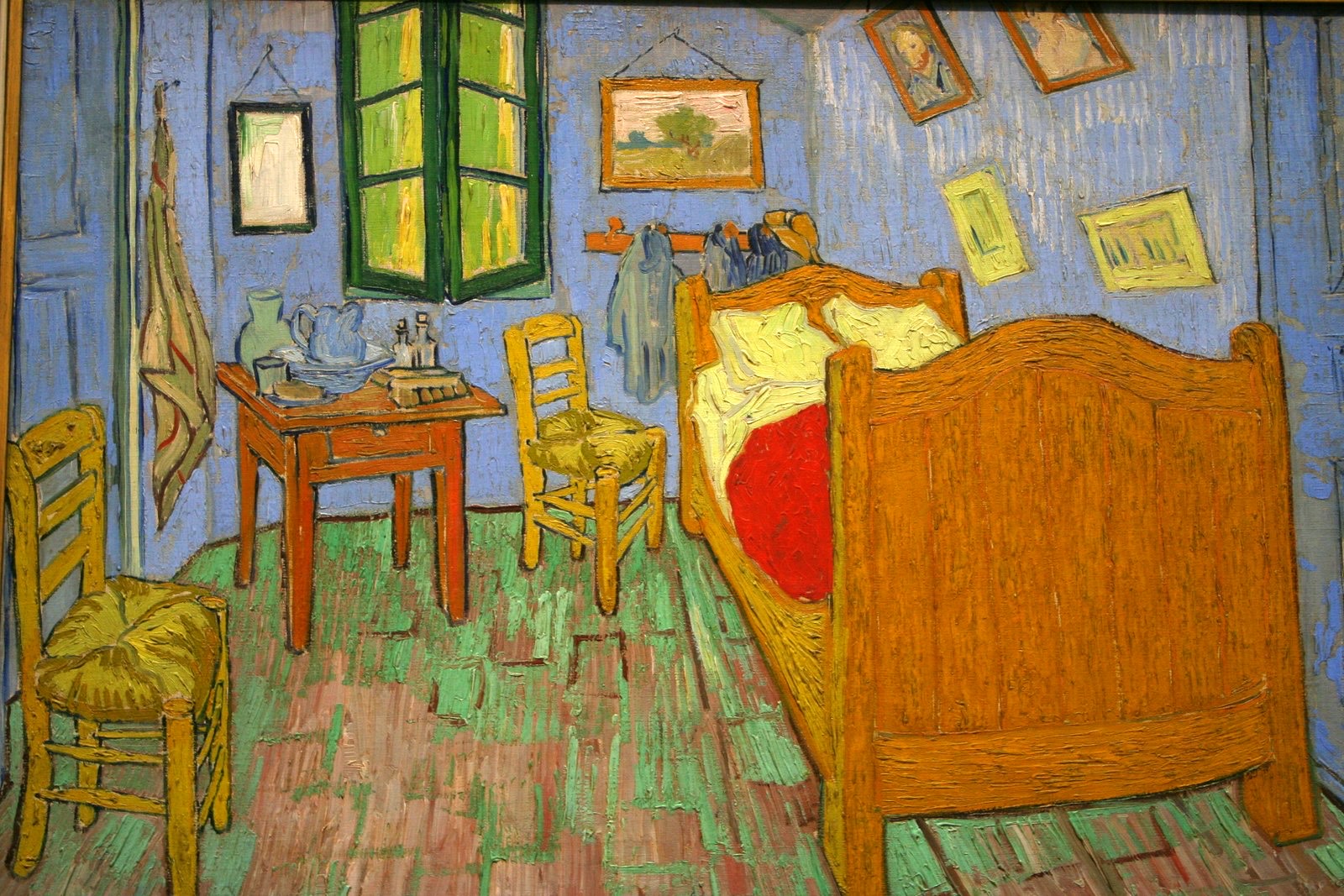
As perfect a film as has ever been made, the original 1976 “Rocky” has become part of the pop culture unconscious, holding its spot as tightly as “Casablanca” and “It’s a Wonderful Life.” It’s also as much of a medium-realigning work as the blockbuster that came out one year later, the first “Star Wars” (eventually subtitled “A New Hope”), which was so huge that the industry spent the next twenty years trying to reproduce its success through science fiction and fantasy epics of other types.
The effect of the original “Rocky” on film culture was summed up to me by the documentary filmmaker Bart Weiss, who saw it in New York when it came out, after nearly ten years of digesting melancholic, depressing European and American films in which the main characters had to come to terms with failure, oppression, institutional and personal corruption, and the inability to achieve any kind of satisfying closure. Bart told me that when he and his friend came out of the movie, they felt somewhat lightheaded because they just weren’t used to coming out of a movie about characters like that feeling good instead of depressed. “Rocky” did not end in victory—its hero, Philadelphia brawler Rocky Balboa (Sylvester Stallone), was handpicked by a Muhammad Ali caricature named Apollo Creed (Carl Weathers) so that he could have an easy victory for a New Years’ Day bout that no reputable challenger wanted to accept, the eventual matchup ended with Creed winning by decision. Rocky, a goodhearted meathead that nobody expected to last even three rounds, goes the whole fifteen. We come away understanding that it’s a victory for him, his girlfriend Adrian (Talia Shire), trainer Mickey (Burgess Meredith), brother-in-law Paulie (Burt Young) and everyone else from the working class, white, ethnic Kensington neighborhood they all hail from, because these are the people who are thought of as life’s anonymous losers, the people set up to fail.
As every film fan knows by now, Stallone wrote the part as a showcase for himself, because his could-never-pass-for-WASP Italianness, beach-bully body, slurred voice, and droopy expression (he was partly paralyzed on one side of his face) had consigned him to typecast roles as thugs and meatheads (he also did porn). He wanted to show that he had heart and charisma and could play the hero that everyone roots for. He achieved that and then some, revisiting the role in five direct sequels and two episodes of a spinoff franchise (“Creed“), and becoming a writer-director-producer-star of action films of all types, including two other hit franchises (the “Rambo” and “Expendables” movies, which were much harder, more violent, and less connected to lived-in reality than the “Rocky” pictures).
Stallone had such fanatical belief in his script, which was written after watching a Rocky-like bruiser named Chuck Wepner go fifteen rounds with Ali, that he refused a million-dollar offer to sell it and let somebody famous play the lead. The end product was directed by John Avildsen, who’d made the reactionary urban thriller “Joe,” a controversial sleeper hit that ended with a massacre of hippies. There were parts of “Rocky” where it sometimes seemed like a kinder and gentler answer to “the city is hell” pictures like “Death Wish” and “Midnight Cowboy,” but with characters from 1940s and ’50s urban melodramas spliced in, and an inspirational ending added. (Two major influences were “On the Waterfront,” about a has-been boxer under the thumb of local gangsters, and “Marty,” about a shy and inarticulate butcher who finds love with an unglamorous but loving high school teacher.)
The portrayal of Apollo is one of the only elements that feels politically very much of that moment, in a somewhat embarrassing way; it removes the larger context of Ali’s flamboyant persona and incessant trash-talking, his desire to push back against an oppressive white political and media structure, and turns his avatar into a race-baiting moneybags jerk who is full of himself and needs to be taken down a peg, even if it’s by an anonymous club fighter and sometime loan shark enforcer who’s too nice to actually hurt anyone, and doesn’t keep up with any part of the news except maybe sports. But Weathers’ performance is so nuanced and real that it warms up Apollo and blends in with the larger fictional canvas, which is more concerned with exhorting everyone in the audience to believe in themselves and their dreams and seek the support of loved ones as they embark on their journey, whatever it might be.
“Rocky” is most remarkable today as an example of a type of hit film that can’t be made anymore at the Hollywood studio level and released into theaters and kept onscreen long enough to build word of mouth, which is how it became a hit as well as an eventual Oscar winner—a film whose triumph in multiple categories (notably Best Picture) was as astonishing an underdog triumph as Rocky Balboa standing on his own two feet after 45 minutes of Apollo treating him the way Rocky treated the slabs of meat in the freezers where Mickey trained him how to hit like “a wreckin’ machine.”
To watch the film today is to enter into a different moviegoing mindset that seems more primitive to us only because the film in question is almost fifty years old. The original “Rocky” is actually more sophisticated than the commercial norm today, because it expects the audience to settle into the fiction, let the characters move and breathe and define themselves for us before the plot starts to accelerate, and be content with feeling something and identifying with someone rather than being spoon-fed dollops of plot that are mainly designed to stoke anticipation for the next entry in the franchise. If a scene like the one with Rocky and Adrian at the ice-skating rink was dropped into a movie today, a lot of viewers would be grumbling and scrolling their phones because “nothing is happening,” i.e., the story isn’t being serviced. But it is, though: this film is about lonely, marginalized people finding dignity and value in work and in each other, and making the best of the hard-edged, often unforgiving world that they were born into.




